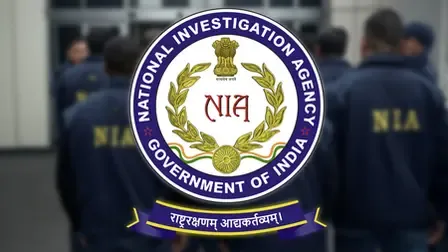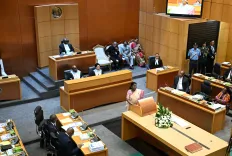Did NSE Just Get SEBI’s Approval to Change Derivatives Expiry to Tuesday?

Synopsis
Key Takeaways
- NSE shifts derivatives expiry to Tuesday.
- BSE adjusts expiry day to Thursday.
- Existing contracts maintain current expiry unless specified.
- Efforts to reduce speculative trading encouraged by SEBI.
- Changes aim to enhance market clarity and efficiency.
Mumbai, June 17 (NationPress) In a significant advancement for the Indian derivatives sector, the National Stock Exchange (NSE) has obtained authorization from the capital markets regulator SEBI to change its weekly derivatives expiry day to Tuesday.
In addition, the Bombay Stock Exchange (BSE) has also received SEBI's approval to adjust its expiry day to Thursday as per its request.
The notification from the capital markets regulator regarding these expiry day modifications has been communicated to both exchanges.
These alterations are part of a larger discussion initiated by SEBI’s Secondary Market Advisory Committee (SMAC), which is working on establishing uniform guidelines for expiry days across various stock exchanges.
According to reports, BSE has indicated that all existing derivative contracts will maintain their current expiry day unless they are long-dated index options, which will be realigned to align with the new schedule.
Specifically, BSE’s contracts set to expire on or before August 31, 2025 will continue under the existing expiry system.
However, contracts expiring after September 1 will transition to the new Thursday expiry cycle.
NSE, which currently facilitates the highest volume of derivatives trading worldwide, had reportedly advocated for the transition to Tuesday in an effort to reclaim market share from BSE.
Recently, BSE has been making strides in derivatives trading, prompting NSE to undertake this strategic modification.
Derivatives represent a crucial revenue source for both exchanges, and even minor shifts in market share can have significant financial repercussions.
This change also coincides with SEBI's encouragement for exchanges to mitigate excessive and speculative trading in the derivatives market.
The alteration in expiry days is anticipated to foster greater clarity and diminish overlap between exchanges—facilitating both NSE and BSE in establishing distinct trading windows.









